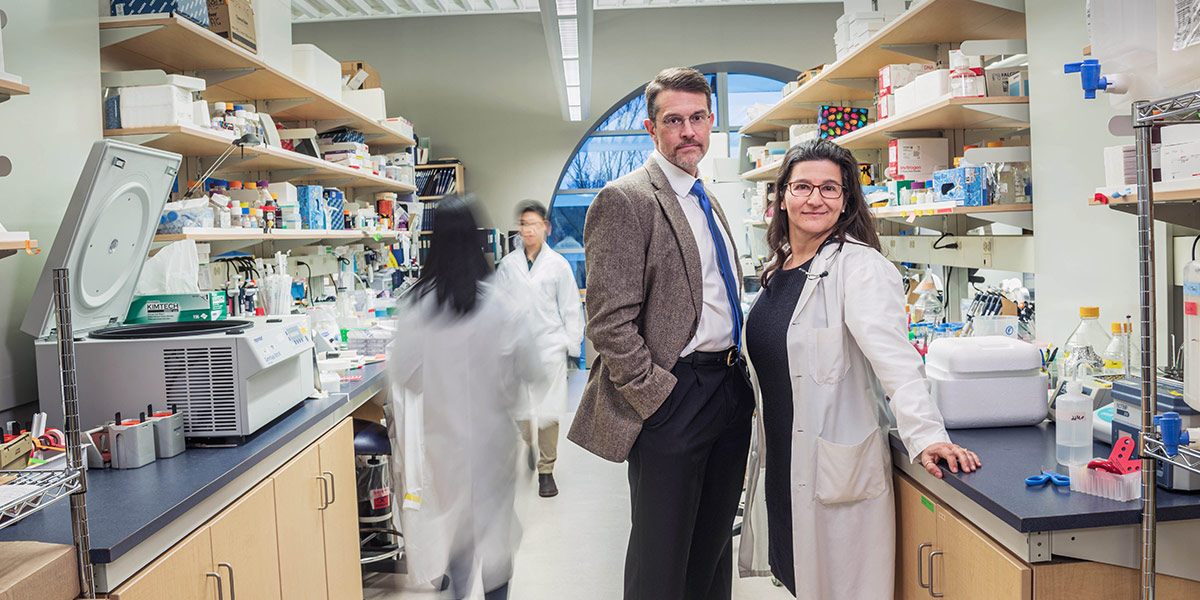
UBC scientists have shed new light on the genetic changes that occur in advanced-stage cancers.
The findings, recently published in Nature Cancer, provide valuable insight into how cancers progress, spread throughout the body and become resistant to chemotherapy.
“This study is significant because it presents the most intensively-analyzed cohort in British Columbia of heavily-treated cancers, and tries to relate these data to cancer treatment, both duration and type,” said the study’s senior author Dr. Marco Marra, professor and head of UBC’s department of medical genetics in the faculty of medicine and director of Canada’s Michael Smith Genome Sciences Centre (GSC) at BC Cancer Research Institute.
The study, a comprehensive analysis 570 patients with advanced-stage cancers, revealed evidence of prior cancer treatment written within the patients’ DNA. Chemotherapy treatment was associated with an increased number of mutations and the longer patients were treated, the more mutations they had. These findings provide important insight into genetic alterations that allow cancer cells to become resistant to treatment.
The researchers also identified genetic alterations that influence how tumours interact with the immune system, our body’s natural defense mechanism against cancer. These findings provide predictive power for determining which patients may benefit from specific types of cancer therapies.
The study is part of the Personalized OncoGenomics (POG) program at BC Cancer, led by Dr. Marra and medical oncologist Dr. Janessa Laskin, clinical associate professor in UBC’s department of medicine. Together, they lead an interdisciplinary team of scientists, oncologists, pathologists, medical geneticists, interventional radiologists and surgeons to revolutionize our understanding of the use of genomics for cancer treatment planning.
The program, which has enrolled more than 1,000 individuals to date, conducts intensive analyses of genomic, transcriptomic and clinical data to influence cancer treatment planning for individual patients while also producing an extensive dataset that can be utilized by researchers around the world.
“The POG program has led the way for this country to imagine working on pre-treated and resistant cancers in this particular way and to establish a network of cancer centres for data sharing on uniformly collected datasets,” said Dr. Marra. “It has started something that goes beyond our own scientific discoveries. It has started a revolution.”
A version of this story originally appeared on Canada’s Michael Smith Genome Sciences Centre’s website.